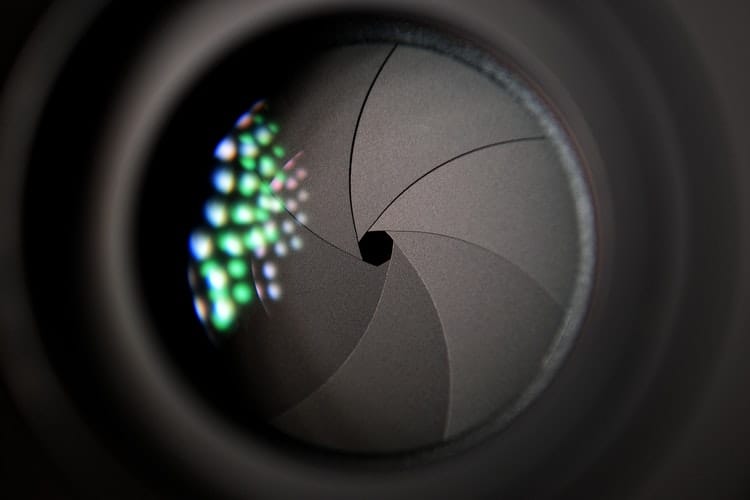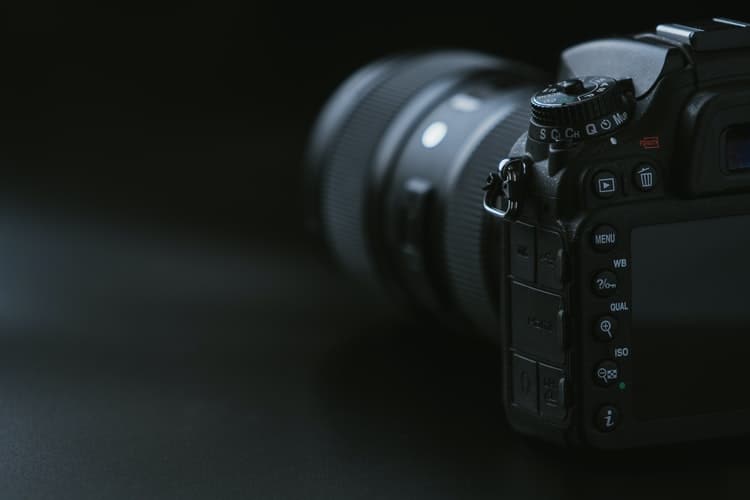Whether it’s an old camera or an older one, having a working camera could help capture real memories. But you need a real camera with you at all times. Whether it’s taking pictures at your kid’s graduation, their birthday party, or when you are out and about vacationing, you need to have a camera with you. Choosing the right camera for such can be tough as there are so many options out there. With that out of the way, here are seven useful tips on how to choose a perfect camera for you.
1. Read Lots Of Reviews
When it comes to choosing any product, whether online or offline, you need to know what you are getting yourself into. This means arming yourself with the right information concerning the products you are investing in. You might consider these reviews on the best cameras, which are specialists at Photophique; this will allow you to have a glimpse at different gears to use with your camera, different types of cameras to use in your field of work, how to use a camera, and repair strategies to use whenever you have a broken camera.
2. Go For The Best Brands
There are new and better camera brands in the market. If you are a beginner in the photo industry, then you need the right camera for the job. Not so long ago, cameras were only thought to be useful when it comes to family reunions. Today, however, you have vloggers and influential marketers who are using cameras to make a buck out of the pictures and videos they post online. It’s for this reason that you need a quality camera from reputable brands.
3. Consider Your Field Of Work
Did you know that there are cameras that can double up as video recorders? These will come in handy in whatever area of work you are involved in. the type of view before you determine single-lens the type of camera to use. It could be that you like taking pictures from nature, moving objects, sports, or you are a reporter who wants to capture quality content for your viewers. All these are ways that will help determine the type of camera you invest in.
4. Portability
You have camera options that are heavy in terms of size. They could also come with attached gear that could cost space and the energy to get to the photography site. But if you are stationary, you have every reason to invest in a camera that’s meant for exactly this. Consider a camera that’s light, especially if your work involves moving around. The gear used for your camera should be light. Also, consider a carrier bag that has compartments to hold all your lenses.
5. Camera Resolution

Lenses are an integral part of any camera. Some cameras are multi lensed, meaning that they have room for upgrading. Having a camera with interchangeable lenses can be good for you as you’ll not need to invest in a new camera. They have focus abilities beyond this world and will come in handy to provide you with high-resolution images. You also have DSLR cameras, also known as digital single-lens reflex cameras. These are especially great for taking nature pictures.
6. Cost
You need to set a budget if you are looking to invest in the best camera. They come in all shapes and sizes, but a high-quality camera might cost you. You have lenses and other hardware to think about. You also need to have an emergency fund just in case your camera is damaged and needs repairs. If you are a beginner in photography, then you don’t need an expensive camera. Work yourself up the ladder, and when you have enough photography experience, and then you can think of a high-end camera.
7. Consider A Camera That Can Help Share Your Work
Living in a fast-paced world means that you have social sites that need to be uploaded with images. Having a camera that helps you with this will be beneficial. It will allow you to share pictures while connected to your devices.
As you can see, there’s a lot to factor in when it comes to choosing a camera. With so many options out there, it might be overwhelming to decide on the camera to use. You have the above pointers to guide you and help you in choosing the camera of your liking. Most importantly, do not forget to check the specs of the camera. You need to know the features included, and this can help you decide on the brand and camera size.
